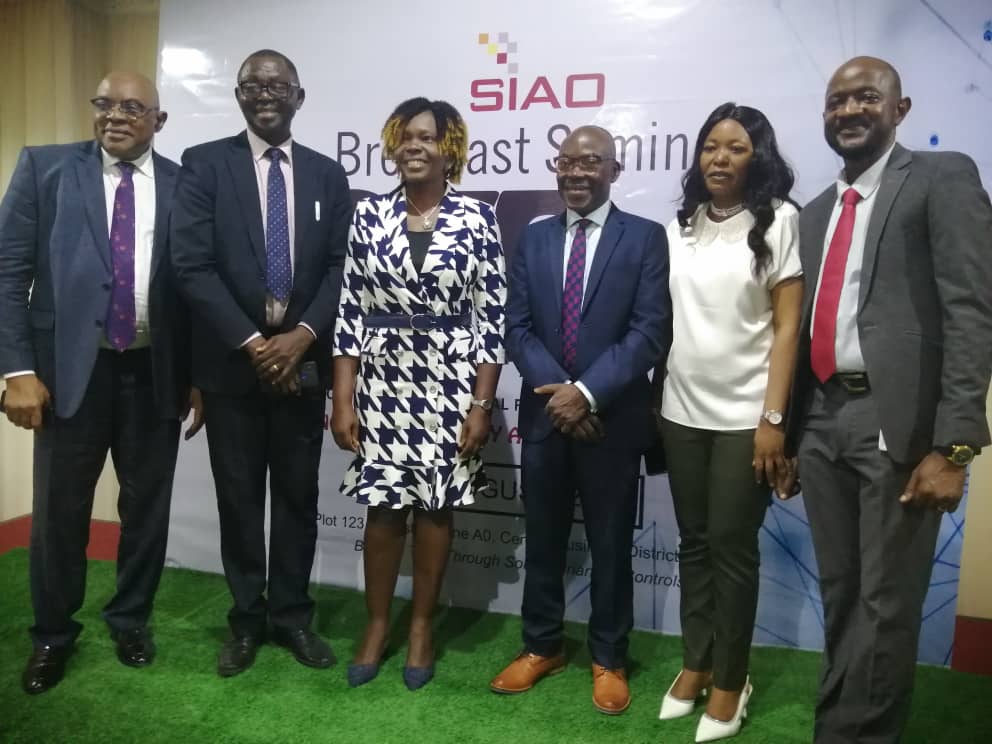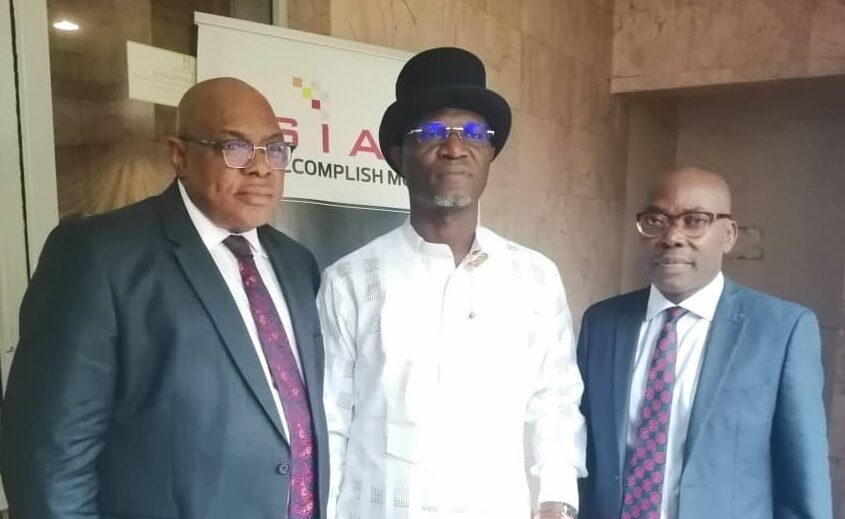By: Goodluck E. Adubazi, Abuja.
Stakeholders in Nigeria’s financial and public governance space have reiterated the urgent need for compliance with Internal Control over Financial Reporting Standards (ICFR) as a cornerstone of transparency and accountability in the public sector.
This was the consensus at a high-level breakfast seminar held on Wednesday, August 6, 2025, at the Chelsea Hotels, Cadastral Zone, Central Business District, Abuja. The event was organized by SIAO in partnership with the Financial Reporting Council (FRC) of Nigeria. The seminar, themed “Strengthening Accountability and Transparency through Internal Control over Financial Reporting (ICFR),” attracted key government agencies, regulatory institutions, and financial professionals from across the country.
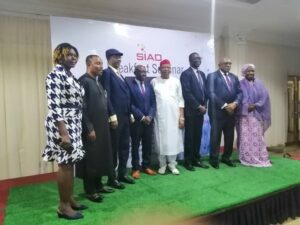
Speaking to Standard Times Nigeria, Mr. Abiodun Ariyibi, Managing Partner at SIAO, explained that the firm’s mission is to support the FRC in guiding public sector organizations toward full compliance with ICFR requirements.
“By the 2025 audited accounts, all public sector entities must include internal control over financial reporting. This is not optional – it’s the law,” Ariyibi said. “Our role as consultants is to support both the FRC and the public sector to ensure this is implemented effectively.”
He disclosed that while some public bodies have begun preparations and engaged consultants, many are yet to start—hence the need for the seminar.
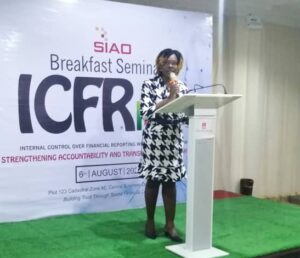
“Failure to comply may lead to sanctions determined by the FRC. Beyond penalties, it could damage the credibility of agencies that rely on international support and donations,” he warned.
Mr. Ariyibi emphasized that the consequences of non-compliance go beyond administrative fines, noting that donor agencies and global development partners now closely assess financial governance structures before providing funding.
In his closing remarks, Mr. Ariyibi acknowledged the presence of high-profile guests, including the Chairman of the Code of Conduct Bureau, Dr. Adubai Usman; representatives from the Office of the Accountant General of the Federation; and Mr. Adeshola B. Amau, SCA Director at FRC Nigeria.
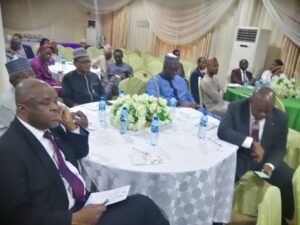
“We are grateful to all our partners, panelists, and public institutions here today. Your commitment to strengthening transparency and financial accountability in Nigeria is deeply appreciated,” he said.
The breakfast seminar drew representatives from a wide range of public institutions, including the Ministry of Finance, Federal Inland Revenue Service, Corporate Affairs Commission, Nigeria Deposit Insurance Corporation, and the National Assembly Budget Office, among others.
Earlier, Mrs. Temitope Akinpelu, Head of Department, Finance, Risk and Advisory Services at SIAO, said internal control systems are the backbone of credible financial reporting.
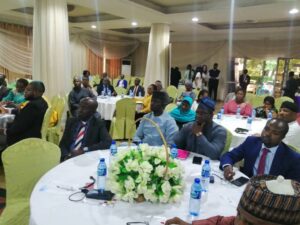
“They prevent misstatements, promote transparency, and ensure that public resources are used responsibly,” she noted.
According to her, the seminar aimed to increase awareness of the FRC’s ICFR guidance, explore practical pathways to compliance, build capacity, and foster a network of professionals committed to reforming public financial management.
“Our mission at SIAO is to help the public sector strengthen their control environments and align reporting with both national and global standards,” Akinpelu added.
Delivering the keynote address, Dr. Rabiu Olowo, Executive Secretary of the Financial Reporting Council, emphasized that financial integrity in the public sector is non-negotiable. He highlighted the alignment of ICFR with IPSAS (International Public Sector Accounting Standards) and called for regular reviews of financial statements to enforce accountability.
Other speakers included Mr. Goddey Daniel, former Director of Audit at the Office of the Auditor-General; the Accountant General of the Federation; and heads of various public institutions. Participants engaged in interactive sessions that addressed risk assessments, monitoring strategies, and the practical challenges of implementing internal controls.
The seminar concluded with a strong call to action: for Nigeria’s public sector to embrace reform, prioritize compliance, and build a culture of transparency to restore public trust.






